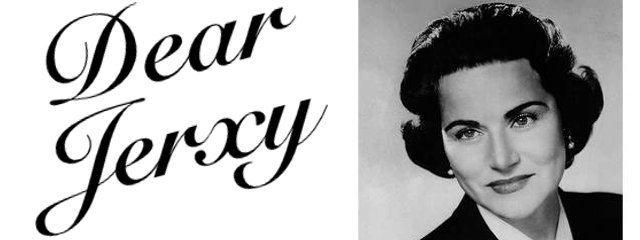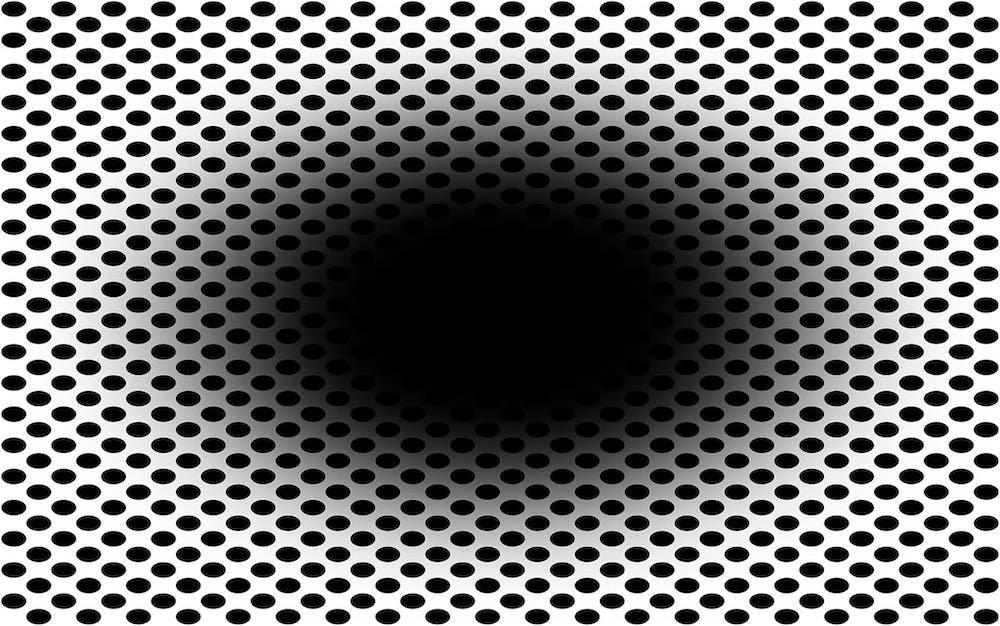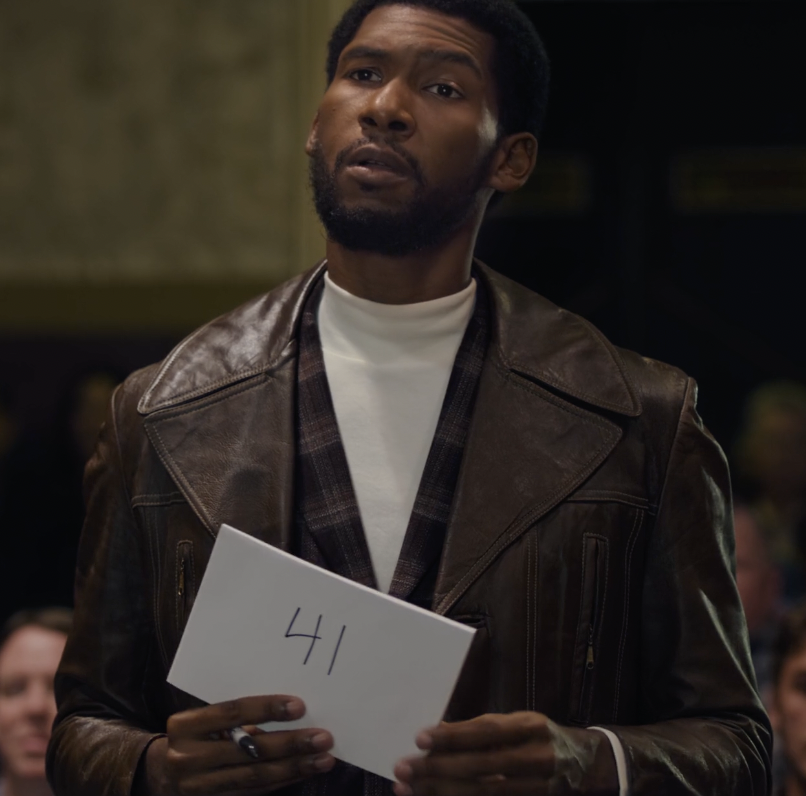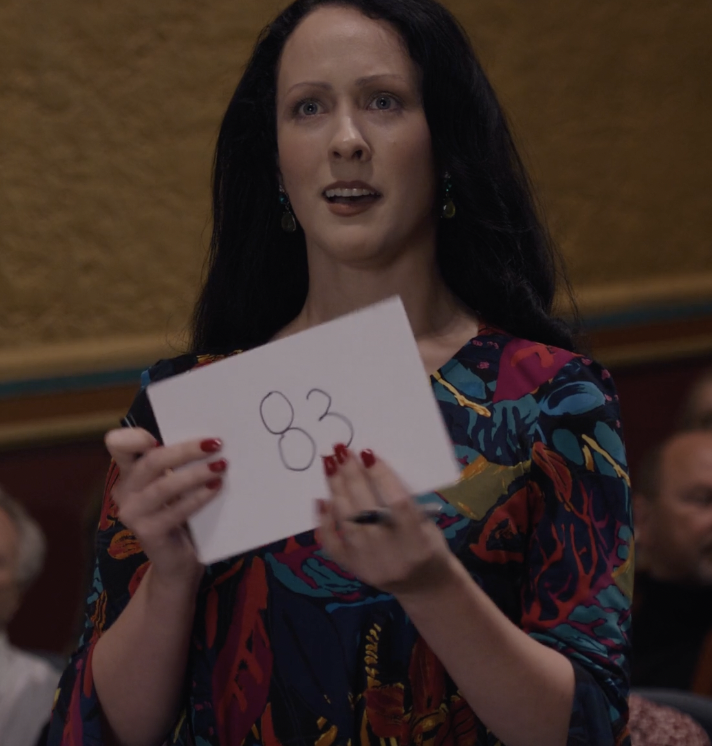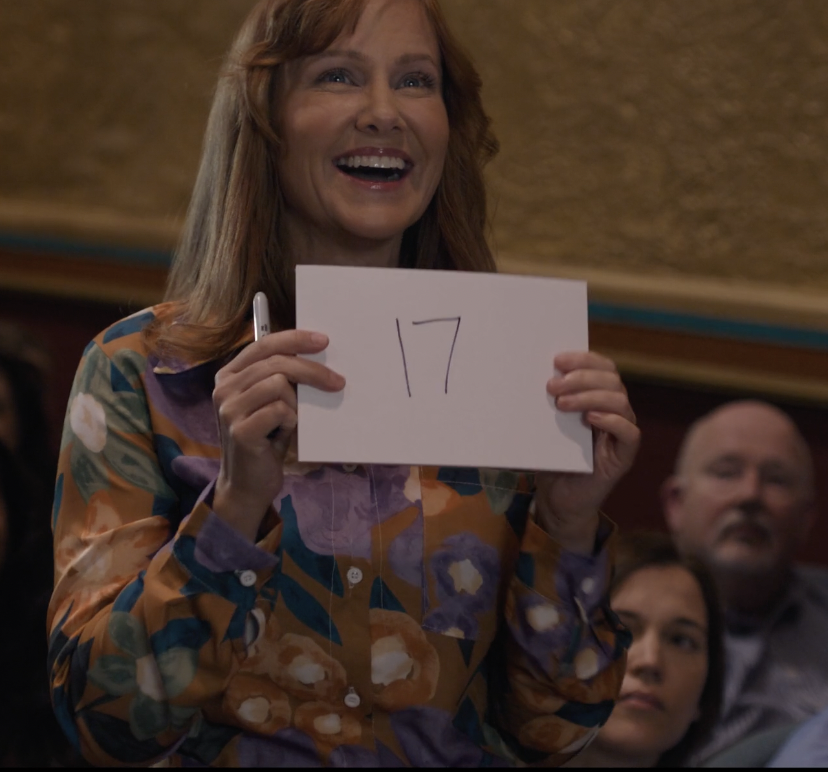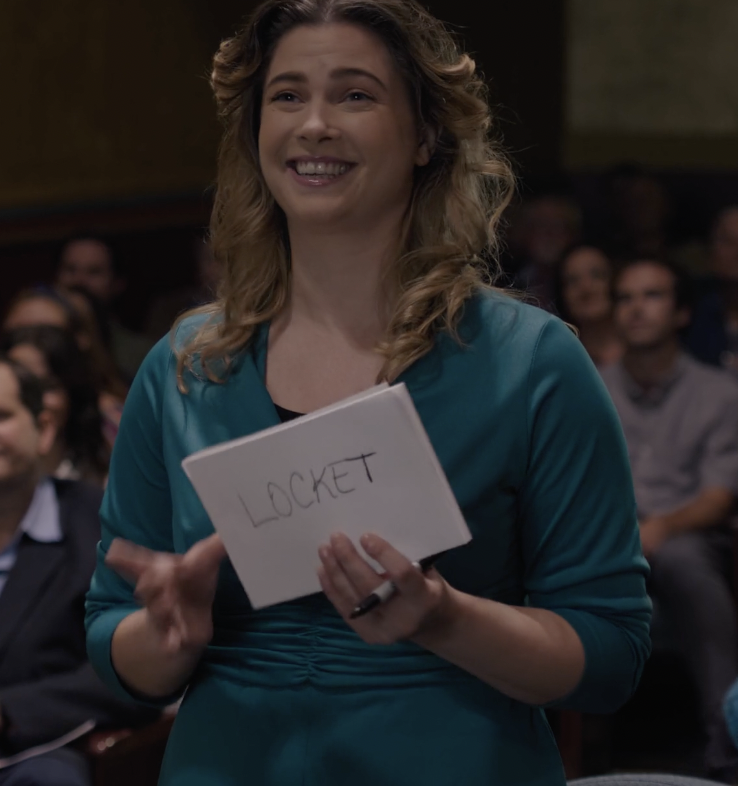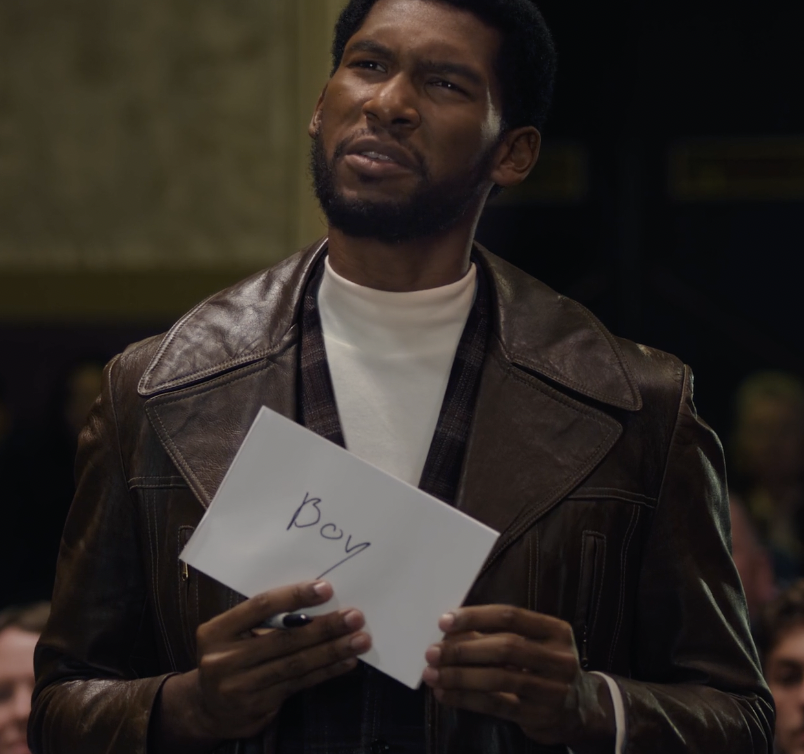Dear Jerxy: Too Late For Something New?
/Dear Jerxy: I’ve been a fan of yours for years, but I rarely bite the bullet and engage in your style of tricks. Last weekend [a friend and fellow jerx-reader] stayed with me and joined me out socially. He performed a few tricks in your style and I finally “got it” when I saw the reactions. As much as I want to explore your style of trick I think it might be too late for me. I’ve been doing mainly card tricks with some coin work for over twenty years and I don’t think people will buy a change from that into the types of presentations you dig into. I’m not sure at this point they’ll go along with stories about rituals and good luck charms and cursed objects and fringe science. What do you think? Am I just being a baby?
Signed,
Transitioning Out Of Traditionalism
Dear TOOT: Yes, you’re being a baby. You have pigeon-holed yourself. That’s not the people you perform for doing that; that’s you.
I did a series on transitioning your style of performance back in 2019. It might be a good time to revisit that if you’re considering doing so.
Don’t worry about getting into tricks that hit on weirder or more “magical” subjects. People aren’t going to say, “Heyyyy… you were doing card tricks for the past 20 years and now you’re ‘tuning our intuition’ and messing with time travel? Who do you think you’re kidding?”
I have probably100s of emails over the years from people who have changed to a more immersive, story-centric style of performing and I’ve never heard of anyone saying they tried it and their audience was bothered or upset and urged them to go back to a regular card trick.
People will definitely “go along” with it.
I just finished a book called, “The Boys Are Back In Town” by Christopher Golden. In the book, it’s this guy’s 10-year high school reunion. But details in his life start to change. His memories don’t line up with his reality. He’s informed that a guy who he was just e-mailing with the other day actually died when he was hit by a car back in high school. Things like that. And he soon realizes that someone is going back and changing things in the past which is changing his present. At first, he suspects his childhood friend. They both had an interest in magic and pursued it when they were kids.
What type of magic stuff were they reading about at that time? Sleight-of-hand. Stage illusions. Time-travel. Spells. “Self-help bullshit." Rituals. Devil worship. And more.
Now, when Christopher Golden was writing this book, he was writing out all of those things as subjects someone with an interest in magic might encounter as they delved into the topic.
And when he submitted his book to his editor, his editor wasn't like, "I don't understand. What do these topics have to do with one another?" They understood that pursuing an interest in magic is something that should draw you into all sorts of variations on the topic from the theatrical to the psychological to the mystical.
Lay people don't draw the distinctions that we do. I've had people who have seen me do nothing but traditional card tricks ask me about tarot and fortune telling. It's all along the same spectrum to them.
So you can always say, "You know, I picked up this weird book a couple of weeks ago. I thought it was just another book on sleight-of-hand. But a few chapters in it started to delve into some stranger concepts. Can I try something out with you? it's a little... different." People won’t think you’re now trying to convince them of some sort of supernatural power. They’ll just be ready for something that goes in a new direction. In fact, the more they've seen you do standard magic, the more on board they will be for something different.
Okay

